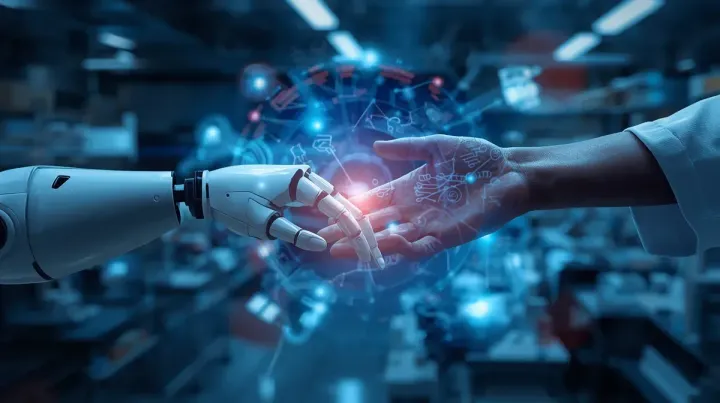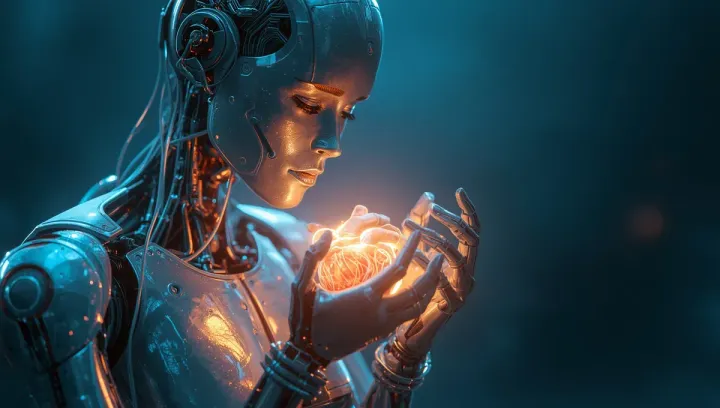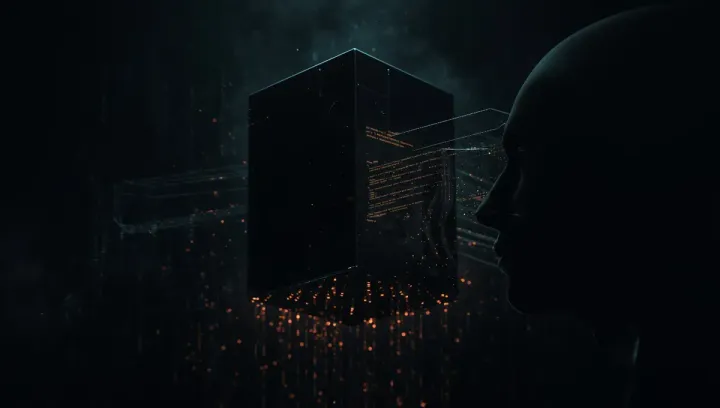
Beyond the Code: Why Embedding Ethics into AI Development is Crucial
I came across a piece from UC Santa Cruz that really hits home on a topic I’ve been thinking about a lot lately: the messy, complicated, but absolutely critical intersection of science and ethics. It’s not just about building things that work, but building things that work for the good of society.
The university received a significant grant from the National Science Foundation (NSF) to study the impact of embedding social scientists and ethicists directly into high-stakes research fields like AI, genomics, and neuroscience. This isn’t just a token gesture; it’s a formal effort to understand how these collaborations work and what best practices we can learn from them.
The Scientist’s Blind Spot
Let’s be honest. Most people who go into science and engineering do it with the best of intentions. They want to solve big problems and make the world a better place. But as UC Santa Cruz Professor Jenny Reardon points out, good intentions aren’t enough. She saw firsthand as a genomics scientist how seemingly neutral projects could cause real harm to communities.
History is littered with examples of scientific “progress” that, lacking ethical foresight, had devastating consequences. This new research aims to flip the script, moving ethics from an afterthought to a core part of the development process. The goal is to collect data on the experiences of the scientists themselves. What challenges do they face in these collaborations? How do they develop their own notions of ethics when their training is purely technical?
Why AI, Genomics, and Neuroscience?
The project’s focus on these three fields is no accident. They are arguably the most transformative—and potentially perilous—technologies of our time.
- Genomics is rewriting our understanding of life itself.
- Neuroscience is unlocking the secrets of the brain.
- AI is creating new forms of intelligence that are already reshaping our world.
The potential for misuse, unintended consequences, and the erosion of public trust is immense. By studying how ethicists are integrated into these specific fields, the researchers hope to create a roadmap for responsible innovation that can be applied more broadly.
A Glimmer of Hope?
What I find most interesting is the acknowledgment that this is hard work. It’s not about ethicists handing down commandments from on high. It’s about navigating the tensions and friction that inevitably arise when different disciplines, with different languages and priorities, try to work together.
At a time when it feels like we’re rushing headlong into a future dominated by black-box algorithms and genetic engineering, this feels like a necessary and grounding initiative. It’s a recognition that the “move fast and break things” ethos is woefully inadequate for the technologies we’re building today. We need to move thoughtfully and fix things before they break society.
This research won’t solve all the ethical dilemmas of AI, but it’s a crucial step in the right direction. It’s about building a culture of collaboration and critical thinking, ensuring that the people building the future are equipped to think about its consequences.
Source: This post was inspired by the article “NSF grant explores impact of embedding ethics into genomics, neuroscience, and AI” from UC Santa Cruz News.


